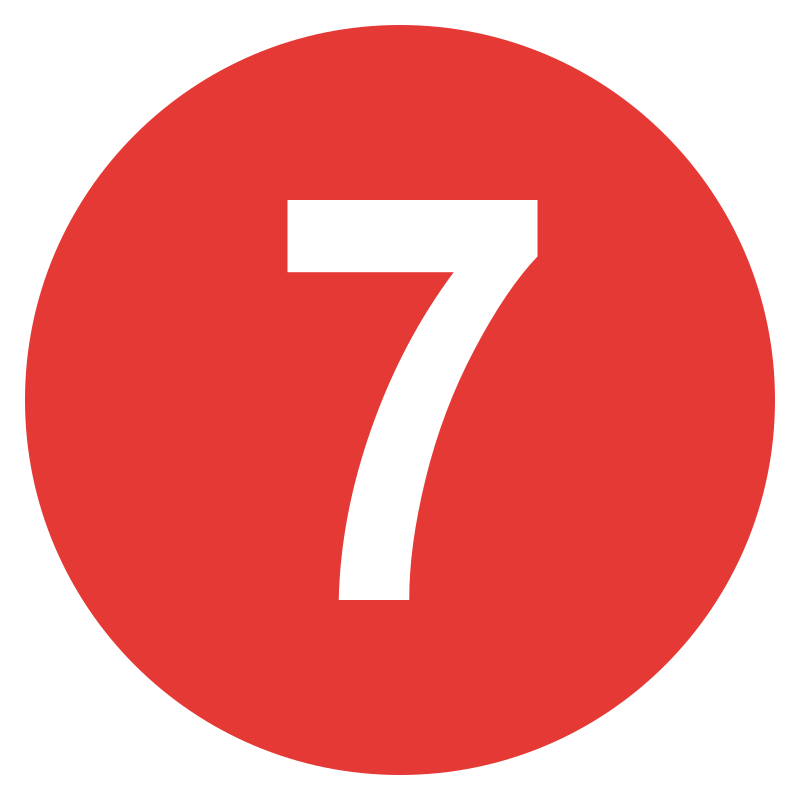I have zero understanding why its not something that governments can provide through an online pre-recorded trainings, why is it so difficult to learn deaf sign languages to the point of most known practical way to do it is by getting a minor degree in it (most usually in education)? If anyone wondering which sign language, I’m interested in learning more than one if I find a feasible way to learn them so: American Sign Language/Black American Sign Language (dialect - both are used in the US and Canada), Brazilian Sign Language, British Sign Language, Catalan Sign Language, French Sign Language, Inuit Sign Language, Quebec Sign Language, Swedish Sign Language
Contact a “deaf school” most cities have them, and have programs for friends/family of the hearing impaired to learn ASL.
The local community college probably has classes.
Bumping because I’m interested, too. I tried teaching myself ASL, hoping to find a good, free app. The only decent resources I found were paid.
ASL can be pretty regional. Just find local Deaf folks
Connect with the local Deaf community. There’s likely a Facebook group or something that you can browse (even without an account). Look at local community classes, college courses, or even free classes held at a church. Our local community has a bi-weekly silent dinner at the mall and other events that hearing and Deaf people attend. I started with a local community center class ($50 for 8 weeks or whatever) and then found everything else through the instructor. I usually screenshot the silent dinner dates from the Facebook group and then attend when I can.
Well, looks like the National Institute for the Deaf (NTID) had at one point partnered with Georgia Tech on an app, PopSign, but that download link doesn’t work anymore.
Similarly, NTID had a free class, but it got cancelled.
I’m a little surprised there isn’t more from the first (and largest) national technical deaf institute…
Maybe try Gallaudet? More Deaf folks, as it’s pretty much 100% Deaf from top to bottom
Take a class
I had to learn ASL when I worked as a relay operator because there was a possibility I could be asked to help facilitate video conference calls through the service.
There are probably courses you can take if you have a community college in your area.
A few ways
Easiest is to find a class in your area for beginners - colleges and hospitals are the best place to start (hospitals not because they teach them but because they generally know from referring newly deaf patients, or family members of newly deaf patients).
You really only get so much from a class though - some cultural introduction, basic vocabulary/structure, facial movements. If you actually want to really learn you need to get into the local deaf community, which depending on where you live will be huge or small.
The other way to learn is harder, but still doable. Seek out the local deaf community and go hang out at meetups (Pizza and bowling are common everywhere). Immerse yourself and self teach using online resources. Deaf people LOVE when hearing folks try to communicate so they’ll do anything they can to help you out generally.
They’re so, so isolated in normal society. Any person that demonstrates interest in communicating will be welcomed with open arms. You’ll probably run into translators and families of deaf folks that hear and speak English just fine as well.
Keep in mind that many people who are deaf from birth do not know English very well, if at all. Trying to write back and forth in English will have mixed results, but until you’re faster at finger spelling that is a good crutch, but try to shake it as fast as you can. When you first go to hang out with deaf folks bring a small whiteboard or notepad if you can’t finger spell.
Deaf people LOVE when hearing folks try to communicate so they’ll do anything they can to help you out generally.
That is the exact opposite of what I experienced when I was learning ASL.
Wow, really?
Can you explain more?
My experience is anecdotal for sure, but it spans a few cities/ regions of the USA. And it aligns with what my formal teachers/hearing friends in deaf families have told me.
I won’t live and die by that but from my experience deaf people are super welcoming.
At one point in my life I had planned to learn ASL/English sign and work as an interpreter. I lived in an area on the west coast with a community college that had a huge deaf community and a very good ASL interpreter training program. I did almost two years (just short of completing) before bailing out.
Our classes were complete immersion from day one. No speaking or writing was allowed. Later classes, fingerspell was to be kept at a minimum. It was pretty cool but at times really frustrating. It’s easy to build your vocabulary of noun and verbs, but more abstract concepts were hard to understand in this setting.
Think of it this way. How does someone explain “abstract concept” with only gestures you don’t understand yet?
Why did I quit?
I’m a hearing person and the deaf community was generally pretty hostile towards hearing people in the program. One deaf woman went so far to say I was exploiting her disability. That’s kind of the vibe I got from many in the community. This was the main reason for leaving. I didn’t want a job where I worked with people who actively hated me for no reason.
The second reason; it was very hard to become fluent. I was getting pretty familiar with the local dialect (a blend of ASL and English). I was getting good at reading sign, but MY signs sucked. I just didn’t have people to “talk” with out of my class and they were all hearing people in the same boat as me.
You can pick up sign languages by watching videos over and over, but your pronunciation is probably going to suck without someone actively correcting you.
Do hearing folks teach classes? My ASL classes were immersion by default because all the profs were Deaf
All the teachers were deaf.





